“It never occurred to me that there was going to be any stumbling block. Not that I had the answer, but I had the joy of going at it. When you have that joy, you do the right experiments. You let the material tell you where to go, and it tells you at every step what the next has to be because you’re integrating with an overall brand new pattern in mind.”
-- Dr. Barbara McClintock, 1983 Nobel laureate in medicine
In July of last year, we decided to develop an application for Medical Affairs. At the time, we had little experience in biopharmaceuticals so we interviewed 20 companies to research how Medical Affairs delivers value to the organization.
Five months later, we released our first version of kernel with customers in the US and Asia. Since we use a participatory design process — soliciting customer feedback to determine which product features to develop next — we conducted 25 sessions with Medical Affairs teams to answer these questions:
- What do our customers like about using kernel?
- How can we improve kernel further?
This feedback helped us learn which features our customers love, as well as which features we can improve. We learned that MSL teams are passionate about using kernel to showcase medical value, but seek enhanced functionality and usability. So while we’ve made considerable progress, we have more work to accomplish!
Here are the most popular requests from our customers:
- Attach meaningful context to insights. A director of Medical Affairs operations asked to see a thought leader’s feedback as well as the basis for this feedback. In response, we developed a feature which enables MSLs to add supporting details which provide valuable context for thought leader perspectives.
- View MSL team activity in real time. A senior director of scientific strategy and operations asked to view MSL activity and trends for each therapeutic area in real time. We’re building this functionality combined with clear, effective reports so our customers can readily share medical insights with the rest of the organization.
- Track and compare thought leader feedback. Five MSLs asked to track a thought leader’s feedback over time, as well as compare to feedback from other thought leaders. We’re presently designing this capability which will help MSLs prepare for interactions and enhance their relationships with thought leaders.
In addition to these requests, we’re also integrating with Salesforce and Veeva to synchronize data with kernel, which eliminates duplicate data entry and saves your MSLs' time.

